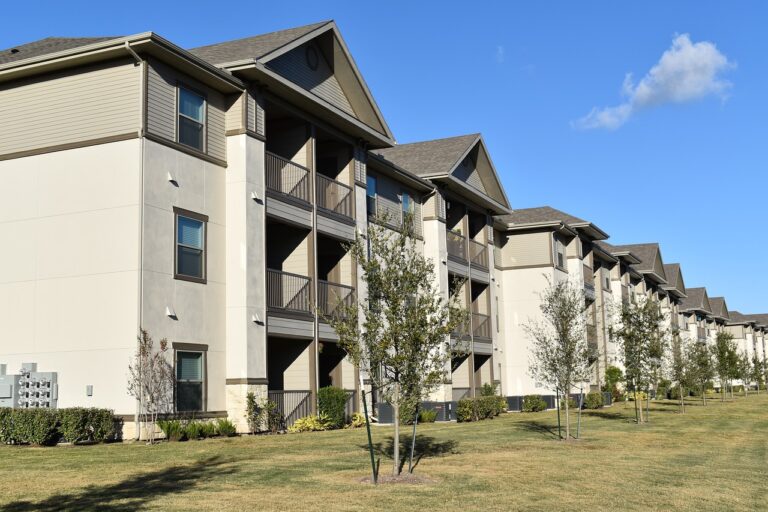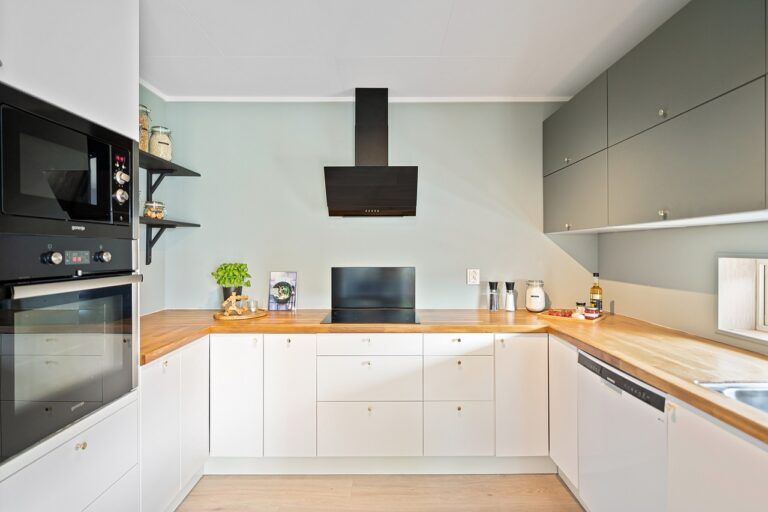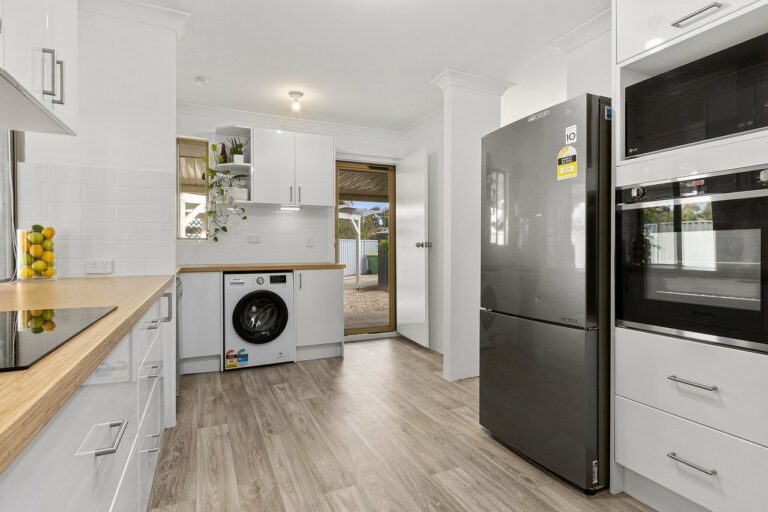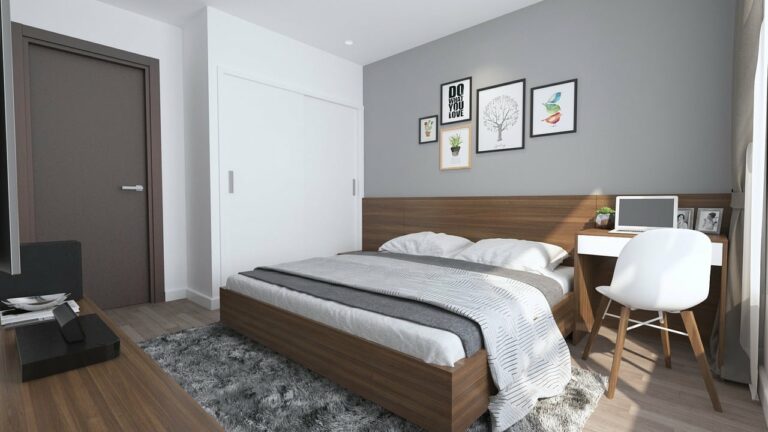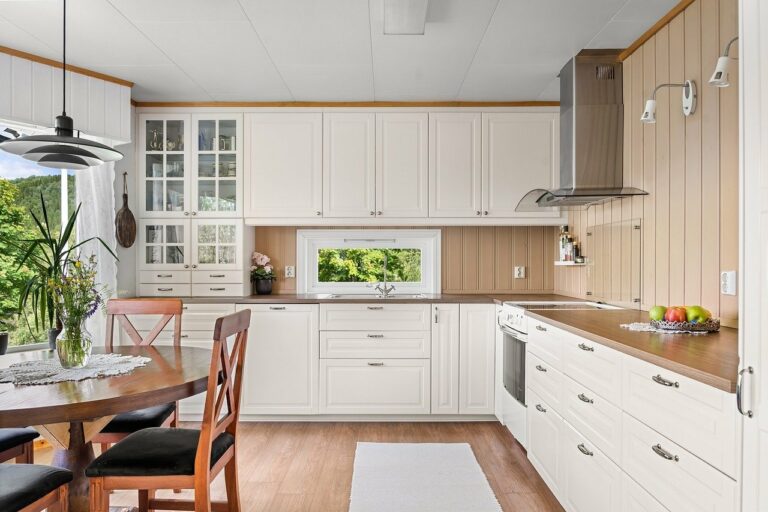How to Ensure Effective Home Ventilation: Cricbet99 id password, Sky99 login, Ready book club
cricbet99 id password, sky99 login, ready book club: Ensuring effective home ventilation is crucial for maintaining a healthy and comfortable indoor environment. Poor ventilation can lead to a build-up of indoor air pollutants, excess moisture, and unpleasant odors. In this blog post, we will discuss some tips on how to ensure effective home ventilation to keep your living space fresh and clean.
1. Open Windows and Doors Regularly
One of the simplest ways to improve ventilation in your home is to open windows and doors regularly. This allows fresh air to circulate and stale air to exit, helping to reduce indoor pollutants and odors.
2. Use Exhaust Fans
Exhaust fans in bathrooms and kitchens are essential for removing excess moisture, steam, and cooking odors. Make sure to use these fans while showering, cooking, or using the dishwasher to prevent humidity buildup and improve air quality.
3. Invest in an Air Purifier
An air purifier can help improve indoor air quality by removing airborne contaminants such as dust, pollen, pet dander, and mold spores. Choose a high-quality air purifier that suits the size of your home for optimal results.
4. Clean and Maintain Air Ducts
Regularly cleaning and maintaining your home’s air ducts is crucial for ensuring proper ventilation. Dust, dirt, and debris can accumulate in ducts over time, restricting airflow and reducing indoor air quality. Hire a professional to inspect and clean your air ducts as needed.
5. Control Humidity Levels
Excess humidity can lead to mold growth, musty odors, and respiratory issues. Use a dehumidifier to maintain optimal indoor humidity levels (around 30-50%) and prevent moisture-related problems.
6. Position Furniture Wisely
Avoid blocking air vents and return ducts with furniture or other obstructions. Proper airflow is essential for effective ventilation, so make sure that air can circulate freely throughout your home.
FAQs
Q: How often should I change my HVAC filters?
A: It is recommended to change HVAC filters every 1-3 months, depending on the type of filter and the level of household activity. Clean filters ensure proper airflow and optimal indoor air quality.
Q: Can houseplants improve indoor air quality?
A: Yes, certain houseplants can help improve indoor air quality by absorbing toxins and releasing oxygen. Some air-purifying plants include snake plants, peace lilies, and spider plants.
Q: What are common signs of poor ventilation?
A: Signs of poor ventilation include musty odors, condensation on windows, mold growth, and allergy symptoms. If you notice any of these signs, it may be time to improve ventilation in your home.
In conclusion, effective home ventilation is essential for maintaining a healthy and comfortable living environment. By following these tips and strategies, you can ensure proper airflow, reduce indoor pollutants, and enjoy fresh, clean air in your home.


